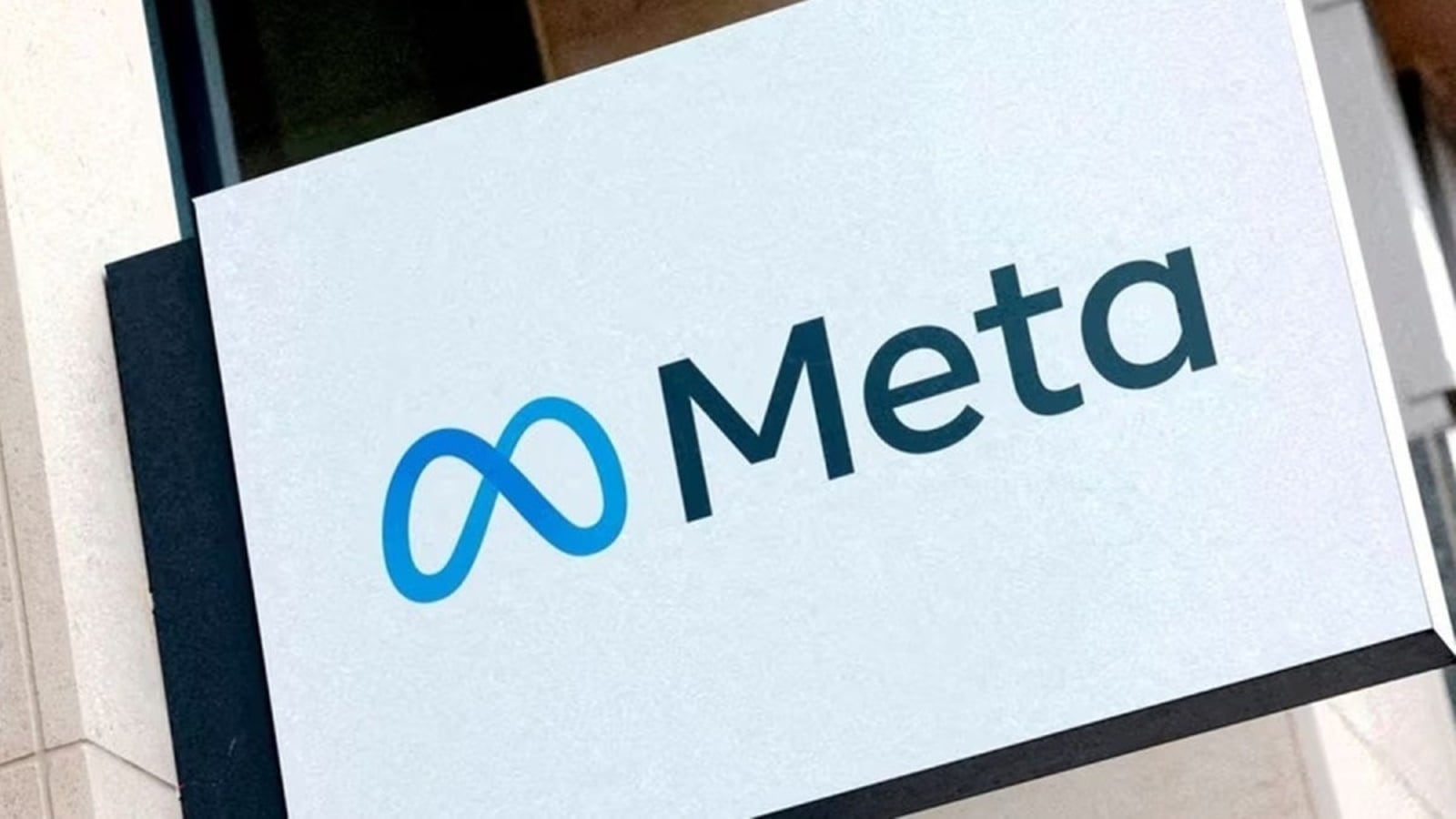Meta Faces FTC In Monopoly Trial: Defense Strategy Now Key

Table of Contents
The FTC's Case Against Meta: Key Allegations
The FTC's case against Meta hinges on allegations of anti-competitive behavior, primarily focusing on Meta's acquisitions of Instagram and WhatsApp. The commission argues that these acquisitions, among others, stifled competition and allowed Meta to maintain its dominant position in the social media market, violating the Sherman Antitrust Act. Their core argument centers on the idea that Meta used its market power to eliminate potential rivals and consolidate its monopoly.
- Acquisition of Instagram: The FTC alleges that Meta acquired Instagram in 2012 to neutralize a burgeoning competitor, preventing it from growing into a serious threat to Facebook's dominance.
- Acquisition of WhatsApp: Similar accusations surround the acquisition of WhatsApp in 2014, with the FTC arguing that this purchase eliminated another potential competitor in the messaging and social networking space.
- Allegations of Monopolization: The FTC's case rests on demonstrating that Meta holds a monopoly in the social networking market and engaged in practices to maintain this position, thus harming consumers.
- Suppression of Competition: The FTC argues that Meta's actions actively suppressed competition, limiting consumer choice and innovation within the social media ecosystem.
Meta's Defense Strategy: Key Arguments and Tactics
Meta's defense team employs a multi-pronged strategy to counter the FTC's accusations. Their arguments largely focus on the benefits of the acquisitions for consumers and the highly competitive nature of the digital market. They argue that the acquisitions fostered innovation and integration, ultimately benefiting users.
- Emphasis on Innovation and Consumer Benefits: Meta highlights the improvements and new features that resulted from integrating Instagram and WhatsApp into its ecosystem, arguing these benefited users significantly.
- Argument Against Monopolization Claims: Meta's defense challenges the FTC's definition of the relevant market, arguing that it's far broader and more competitive than the FTC portrays, encompassing various social media platforms and communication apps.
- Focus on the Competitive Landscape of Social Media: The defense points to the existence of numerous other social media platforms and messaging apps, arguing that the market is far from a Meta monopoly.
- Highlighting the Benefits of Acquisitions for Users: Meta's defense emphasizes the seamless user experience created by the integration of these platforms, highlighting the benefits of cross-platform functionality.
The Role of Key Acquisitions (Instagram and WhatsApp) in the Trial
The acquisitions of Instagram and WhatsApp are central to the Meta FTC Monopoly Trial. The FTC contends that these acquisitions were strategically executed to eliminate potential competitors, preventing the emergence of rival social media giants.
- FTC's Claims Regarding Stifled Competition: The FTC argues that, without the acquisitions, Instagram and WhatsApp could have evolved into major competitors, providing consumers with more choices and potentially fostering greater innovation in the social media space.
- Meta's Defense Regarding Integration and Network Effects: Meta counters that the acquisitions allowed for better integration and the leveraging of network effects, enhancing the user experience and providing economies of scale beneficial to users.
- Expert Testimony on Market Competition and Consumer Choice: Both sides will present expert testimony to support their claims regarding market competition, consumer choice, and the overall impact of the acquisitions.
Potential Outcomes and Implications of the Meta FTC Monopoly Trial
The Meta FTC Monopoly Trial could have several outcomes, each with significant implications. A ruling against Meta could involve substantial fines, and potentially even the divestiture of Instagram or WhatsApp.
- Potential Fines and Penalties for Meta: Depending on the court's ruling, Meta could face substantial financial penalties.
- Possible Divestiture of Instagram or WhatsApp: The most drastic outcome could involve forcing Meta to divest itself of one or both of these key acquisitions.
- Impact on Future Tech Company Acquisitions: The outcome will heavily influence future mergers and acquisitions in the tech sector, potentially leading to stricter regulatory scrutiny.
- Setting Precedents for Antitrust Law: The trial's resolution will set important legal precedents for antitrust enforcement, affecting how future antitrust cases are approached and argued.
Conclusion: The Future of the Meta FTC Monopoly Trial and its Impact
The Meta FTC Monopoly Trial is a landmark case with profound implications for the tech industry and antitrust law. Meta’s defense strategy is paramount to its outcome. The trial's resolution will profoundly impact how tech companies approach mergers and acquisitions, and how regulators oversee the digital marketplace. Staying informed about the developments in the Meta FTC Monopoly Trial, including related cases like the FTC vs. Meta, is crucial to understanding the evolving landscape of antitrust enforcement and the future of technology. Follow reputable news sources and legal analyses to stay updated on this pivotal case and its impact on the "Meta antitrust case."

Featured Posts
-
 Investigation Launched Into Racial Slurs Targeting Angel Reese In Wnba
May 21, 2025
Investigation Launched Into Racial Slurs Targeting Angel Reese In Wnba
May 21, 2025 -
 Rare Ingredients Take Center Stage At Manhattans Forgotten Foods Festival
May 21, 2025
Rare Ingredients Take Center Stage At Manhattans Forgotten Foods Festival
May 21, 2025 -
 Liverpool Juara Liga Inggris 2024 2025 Pelatih Pelatih Legendaris Di Balik Kesuksesan The Reds
May 21, 2025
Liverpool Juara Liga Inggris 2024 2025 Pelatih Pelatih Legendaris Di Balik Kesuksesan The Reds
May 21, 2025 -
 Pop Suisse Stephane Une Artiste Romande A Paris
May 21, 2025
Pop Suisse Stephane Une Artiste Romande A Paris
May 21, 2025 -
 I Hope You Rot In Hell Pub Landlords Profanity Laced Confrontation Goes Viral
May 21, 2025
I Hope You Rot In Hell Pub Landlords Profanity Laced Confrontation Goes Viral
May 21, 2025
Latest Posts
-
 Can Germany Overcome Italy In The Quarterfinals
May 21, 2025
Can Germany Overcome Italy In The Quarterfinals
May 21, 2025 -
 Euro 2024 Germanys Quarterfinal Clash Against Italy
May 21, 2025
Euro 2024 Germanys Quarterfinal Clash Against Italy
May 21, 2025 -
 Germany Determined To Beat Italy In Euro Quarterfinals
May 21, 2025
Germany Determined To Beat Italy In Euro Quarterfinals
May 21, 2025 -
 Bangladeshinfo Com Exploring Bangladesh Through Detailed Information
May 21, 2025
Bangladeshinfo Com Exploring Bangladesh Through Detailed Information
May 21, 2025 -
 How To Watch Live Bundesliga Football A Comprehensive Guide
May 21, 2025
How To Watch Live Bundesliga Football A Comprehensive Guide
May 21, 2025
